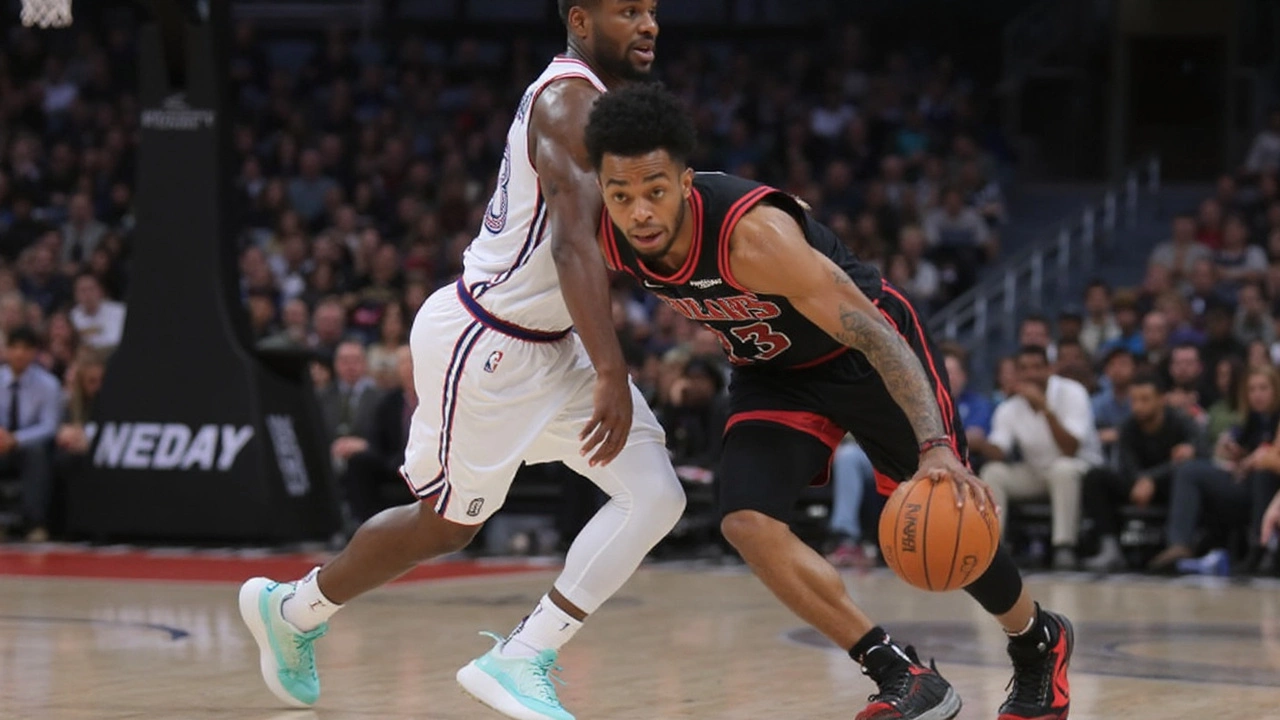Playoffs Explained: The Quick Guide to Football Championship Playoffs
If you’ve ever wondered why the end of the season feels like a roller‑coaster, the answer is the playoffs. They turn a steady league into a high‑stakes knockout, giving teams a final shot at promotion or a championship title.
In the English Championship, the top two clubs at the end of the 46‑game season earn automatic promotion to the Premier League. The teams finishing third to sixth then enter the playoffs – a mini‑tournament that decides the third promotion spot.
How the Playoff Format Works
The format is simple. The third‑placed team faces the sixth‑placed team, while fourth meets fifth in two‑legged semi‑finals. Each tie is played home and away, and the team with the higher aggregate score moves on.
If the aggregate is level after 90 minutes in the second leg, extra time is played. A dead‑heat after extra time leads to a penalty shoot‑out. The winners of the semi‑finals then clash in a one‑off final at Wembley – often called the "richest game in football" because the winner lands a massive TV‑money boost.
Why Playoffs Matter
Playoffs keep the season alive for more clubs. Even if a team can’t clinch a top‑two spot, a strong finish can land them in the top six and give a realistic route to promotion. That keeps fans engaged, clubs financially motivated, and the league competitive right up to the last match.
From a player’s perspective, the playoff atmosphere is intense. Nerves run high, and a single mistake can decide a club’s future. Yet that pressure also creates unforgettable moments – think of the 2005 Championship final where Sunderland beat West Ham to bounce back to the Premier League.
For supporters, the playoff schedule is a chance to rally. Travel to Wembley, wearing club colours, and sharing the anticipation of a potential promotion can be a season‑long highlight.
Coaches often tweak tactics for the playoffs. A team might adopt a more defensive setup in the first leg, aiming to keep a clean sheet, then go all‑out attacking in the return fixture. Managers also rotate squads to keep players fresh for the final, where the single‑match pressure demands peak performance.
Financially, the payoff is huge. Promotion to the Premier League can bring over £100 million in broadcasting revenue. Even the playoff runner‑up secures a sizable windfall, making the risk‑reward balance compelling for clubs of all sizes.
In other sports, playoffs follow similar principles – a short, knockout phase that crowns a champion after a regular season. Whether it’s rugby, basketball, or American football, the excitement stems from the same idea: anyone who makes the cut can win.
So, next time you hear the word "playoffs," think of a high‑energy sprint to the finish line. It’s where season‑long work meets drama, and where a club can rewrite its destiny in just a handful of games.
